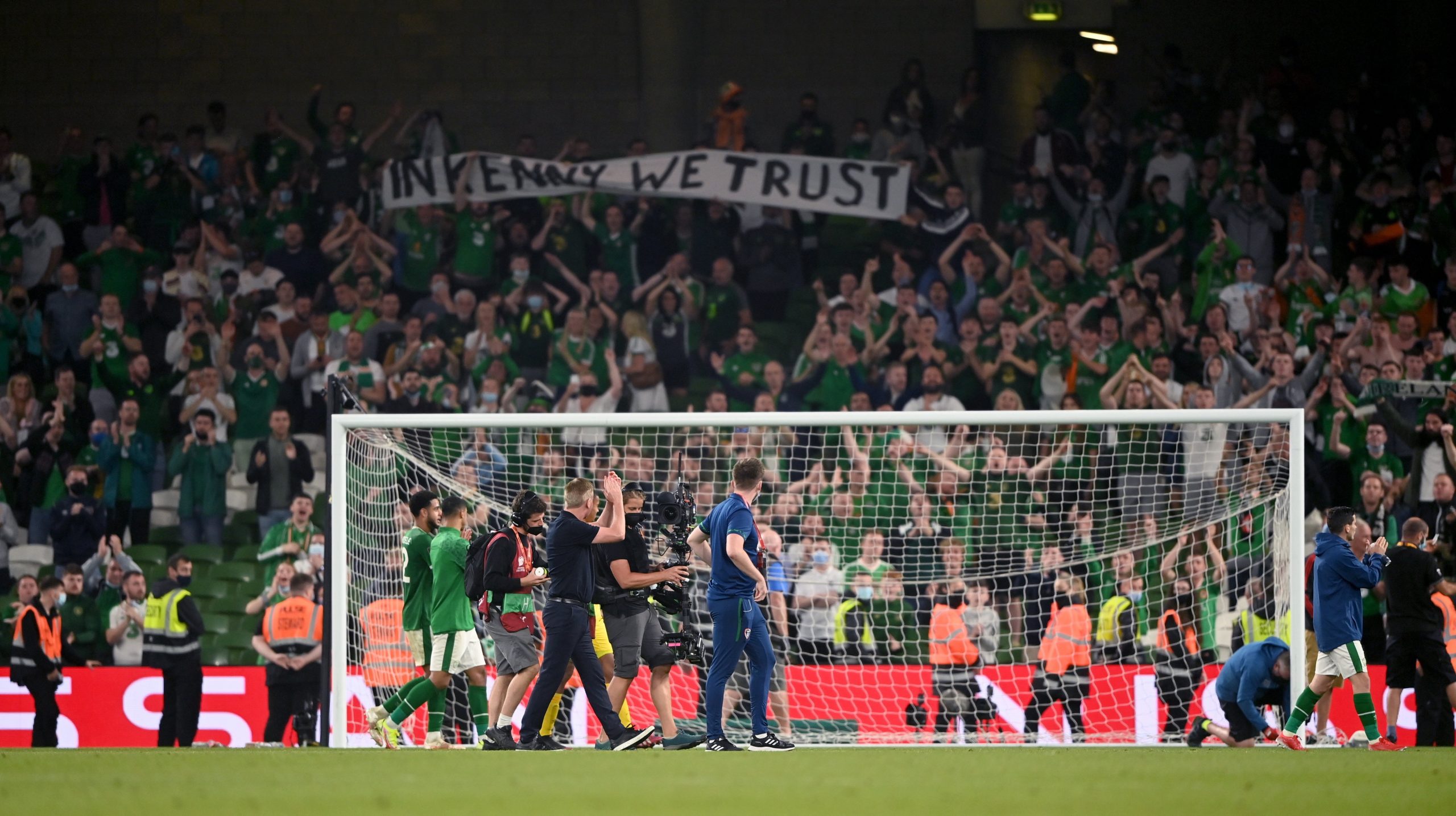In 2004, the newly appointed Liverpool manager Rafael Benitez flew to Portugal to meet two players who would be central to his plans for the club. Steven Gerrard and Jamie Carragher were part of England’s squad at the European Championships in Portugal and Benitez wanted to talk to them about his ideas for the coming season. Benitez’s observation to Gerrard when they met gave an indication of his approach. “You run around too much,” he told the player who had been praised for single-handedly earning Liverpool’s qualification for the Champions League. Gerrard’s response was also telling. “I don’t think you…
Cancel at any time. Are you already a member? Log in here.
Want to read the full story?
Unlock this article – and everything else on The Currency – with an annual membership and receive a free Samsonite Upscape suitcase, retailing at €235, delivered to your door.

